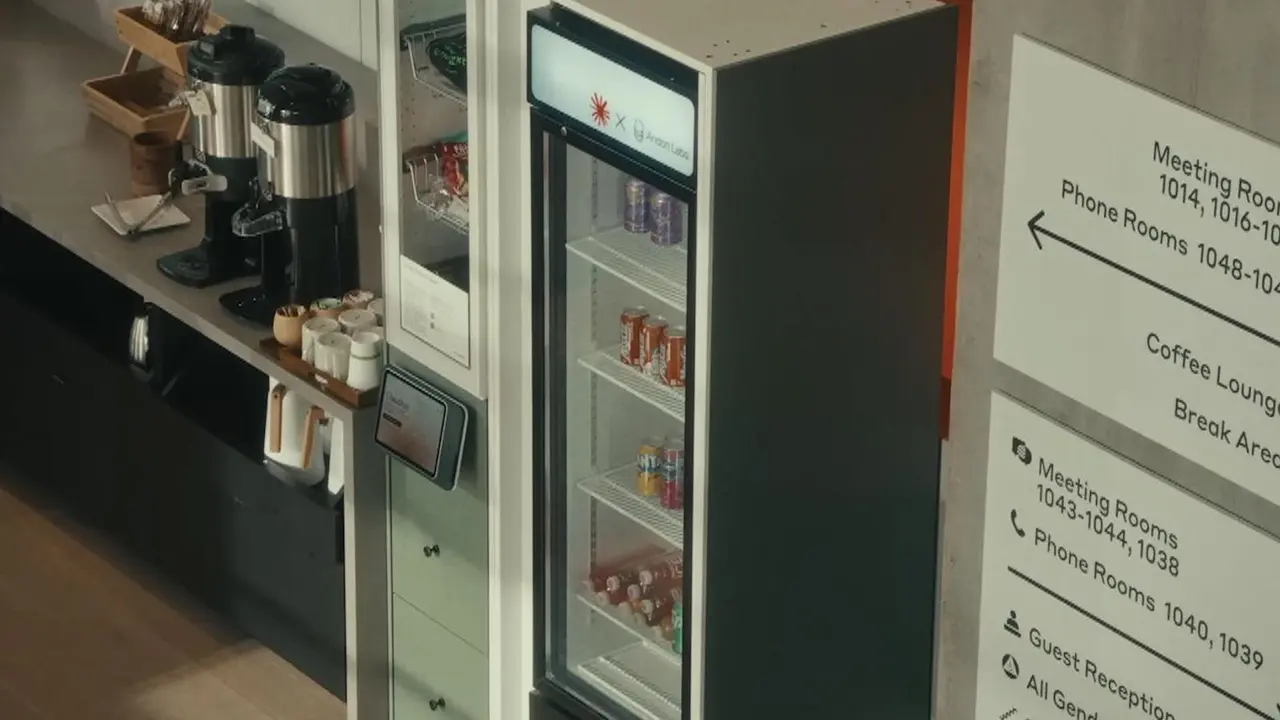AI Models Show Promise in Predicting Triple-Negative Breast Cancer Prognosis
2 Sources
2 Sources
[1]
Study shows AI can predict prognosis in triple-negative breast cancer
Karolinska InstituteNov 19 2024 Researchers at Karolinska Institutet in Sweden have investigated how well different AI models can predict the prognosis of triple-negative breast cancer by analyzing certain immune cells inside the tumor. The study, published in the journal eClinicalMedicine, is an important step towards using AI in cancer care to improve patient health. Tumour-infiltrating lymphocytes are a type of immune cell that plays an important role in fighting cancer. When they are present in a tumor, it means that the immune system is trying to attack and destroy the cancer cells. These immune cells can be important in predicting how a patient with so-called triple-negative breast cancer will respond to treatment and how the disease will progress. But when pathologists assess the immune cells, the results can vary. Artificial intelligence (AI) can help standardise and automate this process, but it has been difficult to demonstrate that AI works well enough to be used in healthcare. Compared ten AI models The researchers tested ten different AI models and compared their ability to analyze tumor-infiltrating lymphocytes in triple-negative breast cancer tissue samples. The results showed that the AI models varied in their analytical performance. Despite these differences, eight of the ten models showed good prognostic ability, meaning they were able to predict patients' future health in a similar way. Even models trained on fewer samples showed good prognostic ability, suggesting that tumor-infiltrating lymphocytes are a robust biomarker." Balazs Acs, researcher at the Department of Oncology-Pathology, Karolinska Institutet Independent studies needed The study shows that large datasets are needed to compare different AI tools and ensure that they work well before they can be used in healthcare. While the results are promising, more validation is needed. "Our research highlights the importance of independent studies that mimic real clinical practice," says Balazs Acs. "Only through such testing can we ensure that AI tools are reliable and effective for clinical use." Karolinska Institute Journal reference: Vidal, J. M., et al. (2024). The analytical and clinical validity of AI algorithms to score TILs in TNBC: can we use different machine learning models interchangeably? eClinicalMedicine. doi.org/10.1016/j.eclinm.2024.102928.
[2]
AI analysis of immune cells can predict breast cancer prognosis
Researchers at Karolinska Institutet have investigated how well different AI models can predict the prognosis of triple-negative breast cancer by analyzing certain immune cells inside the tumor. The study, published in the journal eClinicalMedicine, is an important step toward using AI in cancer care to improve patient health. Tumor-infiltrating lymphocytes are a type of immune cell that plays an important role in fighting cancer. When they are present in a tumor, it means that the immune system is trying to attack and destroy the cancer cells. These immune cells can be important in predicting how a patient with so-called triple-negative breast cancer will respond to treatment and how the disease will progress. But when pathologists assess the immune cells, the results can vary. Artificial intelligence (AI) can help standardize and automate this process, but it has been difficult to demonstrate that AI works well enough to be used in health care. The researchers tested 10 AI models and compared their ability to analyze tumor-infiltrating lymphocytes in triple-negative breast cancer tissue samples. The results showed that the AI models varied in their analytical performance. Despite these differences, eight of the ten models showed good prognostic ability, meaning they were able to predict patients' future health in a similar way. "Even models trained on fewer samples showed good prognostic ability, suggesting that tumor-infiltrating lymphocytes are a robust biomarker," says Balazs Acs, researcher at the Department of Oncology-Pathology, Karolinska Institutet. Independent studies needed The study shows that large datasets are needed to compare different AI tools and ensure that they work well before they can be used in health care. While the results are promising, more validation is needed. "Our research highlights the importance of independent studies that mimic real clinical practice," says Acs. "Only through such testing can we ensure that AI tools are reliable and effective for clinical use."
Share
Share
Copy Link
A study by Karolinska Institutet researchers demonstrates that AI models can effectively analyze tumor-infiltrating lymphocytes to predict outcomes in triple-negative breast cancer, marking a significant step towards AI integration in cancer care.

AI Models Demonstrate Potential in Breast Cancer Prognosis
Researchers at Karolinska Institutet in Sweden have made significant strides in applying artificial intelligence (AI) to predict the prognosis of triple-negative breast cancer. The study, published in the journal eClinicalMedicine, focused on the analysis of tumor-infiltrating lymphocytes (TILs) using various AI models, potentially paving the way for more accurate and standardized cancer prognosis
1
2
.Understanding Tumor-Infiltrating Lymphocytes
Tumor-infiltrating lymphocytes are crucial immune cells that play a vital role in combating cancer. Their presence within a tumor indicates an active immune response against cancer cells. In triple-negative breast cancer, these lymphocytes serve as important indicators of treatment response and disease progression
1
.The Challenge and AI Solution
While TILs are valuable prognostic markers, their assessment by pathologists can be subjective and variable. This inconsistency poses a challenge in clinical settings. AI offers a promising solution by potentially standardizing and automating the analysis process, though proving its efficacy for healthcare application has been challenging
2
.Related Stories
Study Methodology and Findings
The research team evaluated ten different AI models, comparing their ability to analyze TILs in triple-negative breast cancer tissue samples. Key findings include:
- Varied analytical performance among the AI models.
- Eight out of ten models demonstrated good prognostic ability, consistently predicting patient outcomes.
- Even models trained on smaller datasets showed effective prognostic capabilities
1
2
.
Balazs Acs, a researcher at the Department of Oncology-Pathology, Karolinska Institutet, noted, "Even models trained on fewer samples showed good prognostic ability, suggesting that tumor-infiltrating lymphocytes are a robust biomarker"
2
.Implications and Future Directions
This study represents a significant step towards integrating AI into cancer care for improved patient outcomes. However, the researchers emphasize the need for further validation:
- Large datasets are crucial for comprehensive comparison and validation of AI tools before clinical implementation.
- Independent studies mimicking real clinical scenarios are essential to ensure the reliability and effectiveness of these AI tools
1
2
.
"Our research highlights the importance of independent studies that mimic real clinical practice," Acs stated, underlining the need for thorough testing to ensure the clinical viability of AI tools
2
.As the field progresses, this research opens new avenues for AI application in cancer diagnostics and prognostics, potentially leading to more personalized and effective treatment strategies for patients with triple-negative breast cancer.
References
Summarized by
Navi
[2]
Related Stories
Recent Highlights
1
Anthropic releases Claude Opus 4.6 as AI model advances rattle software stocks and cybersecurity
Technology

2
French Police Raid X Office as Grok Investigation Expands to Include Holocaust Denial Claims
Policy and Regulation

3
Prima AI model reads brain MRI in seconds with 97.5% accuracy, transforming neurological diagnosis
Health







